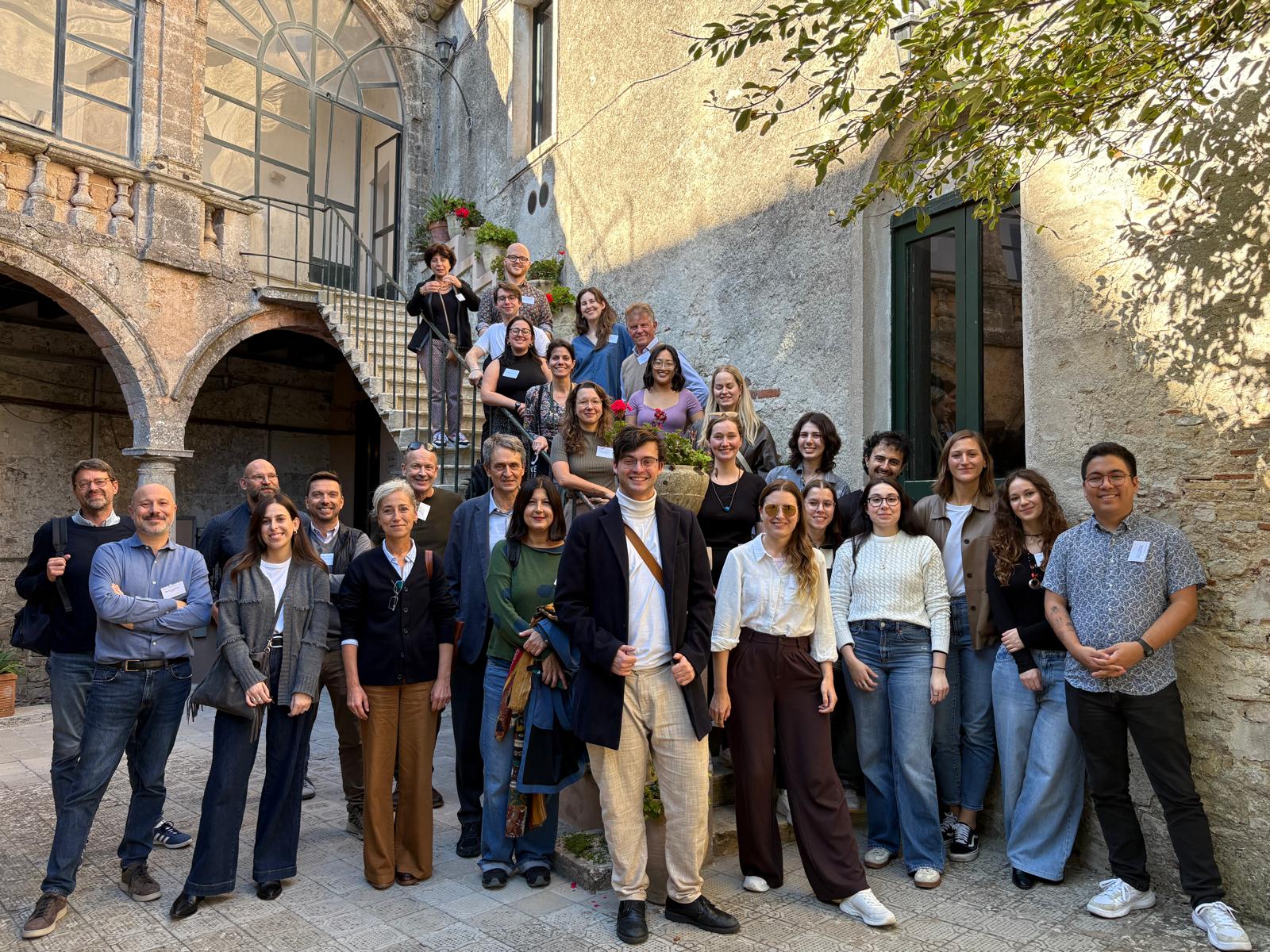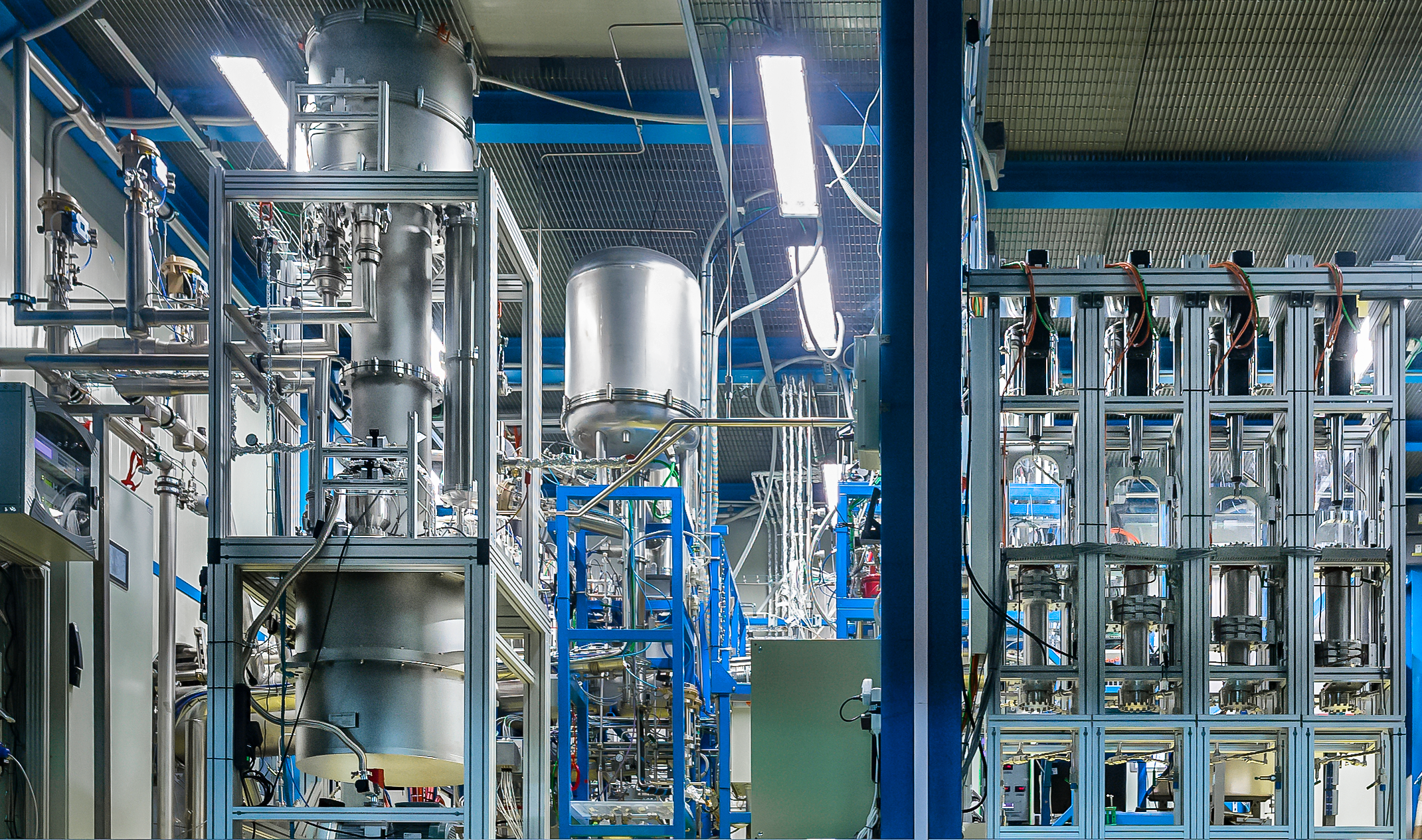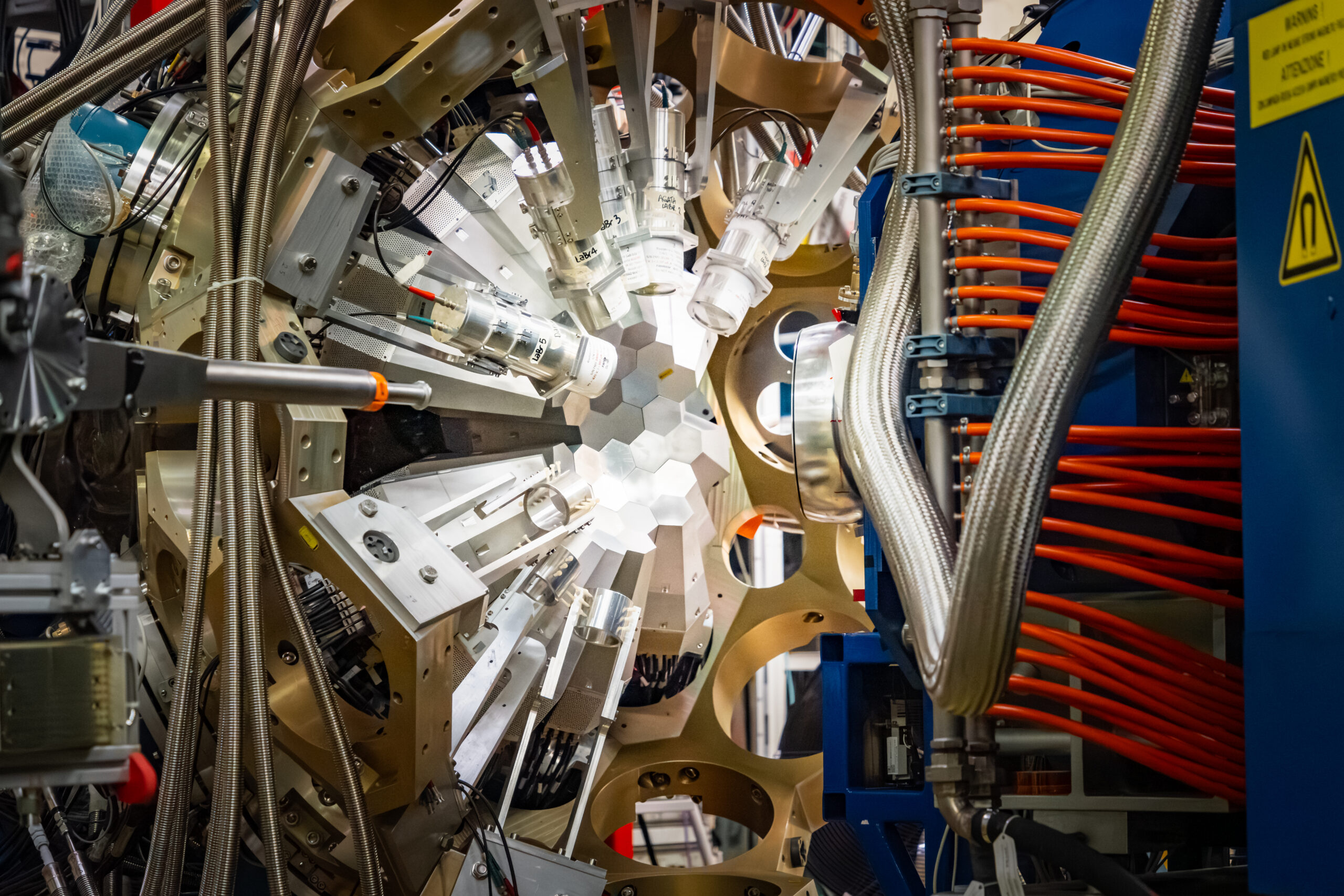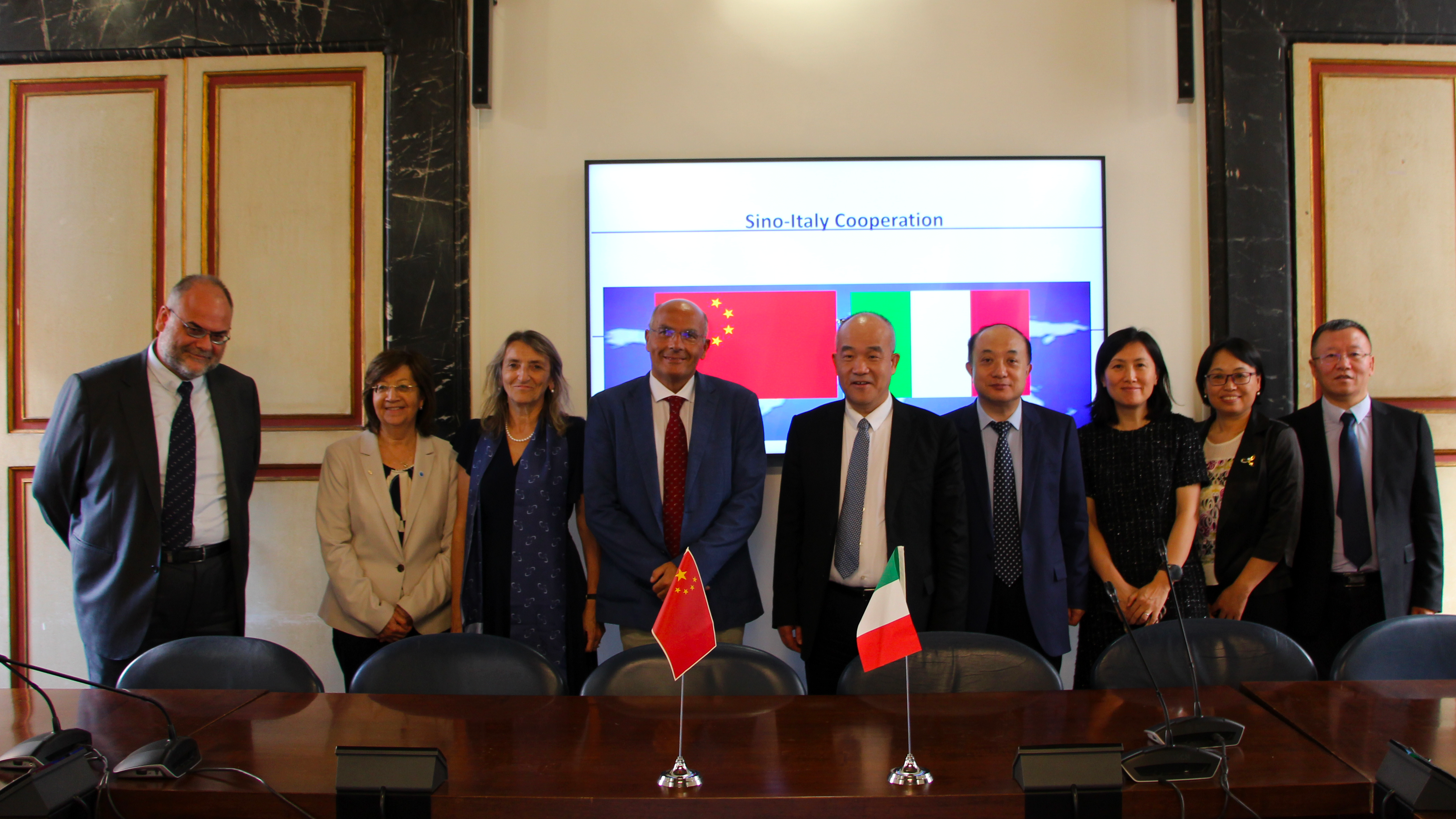 Respectively in ninth and tenth position in the 2019 Nature Index ranking of the most innovative government institutions, the INFN and the CNR keep up the good name of Italian research in the world . Drawn up annually by the journal Nature, the ranking is based on the number of articles published in 82 scientific journals, chosen and monitored by Nature.
Respectively in ninth and tenth position in the 2019 Nature Index ranking of the most innovative government institutions, the INFN and the CNR keep up the good name of Italian research in the world . Drawn up annually by the journal Nature, the ranking is based on the number of articles published in 82 scientific journals, chosen and monitored by Nature.In the first place of the 2019 Nature Index of world government institutions stands the Chinese Academy of Sciences (Cas), followed by the National Center for French Scientific Research (Cnrs) and the National Institutes for Health (Nih) Americans. NASA occupies the seventh position. Italy scores first in Europe with two positions.
Already present in the standings last year, the INFN climbs a position, moving from tenth to ninth. The CNR is entering this year, undermining an American institution. For the fourth consecutive year, moreover, the INFN appears in third place in the ranking of world government institutions dedicated to physical sciences.
“The ranking of Nature demonstrates the great quality of Italian frontier research, appreciated and recognized internationally”, commented Antonio Zoccoli, president of INFN, in charge since the beginning of July. Many Italian researches were mentioned by Nature: from the study of black holes to neutrinos, from new technologies applied to the environment





